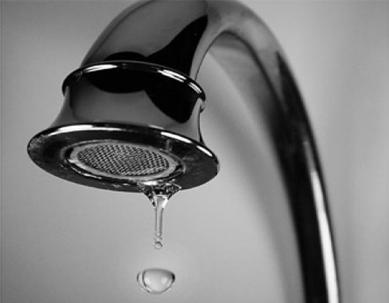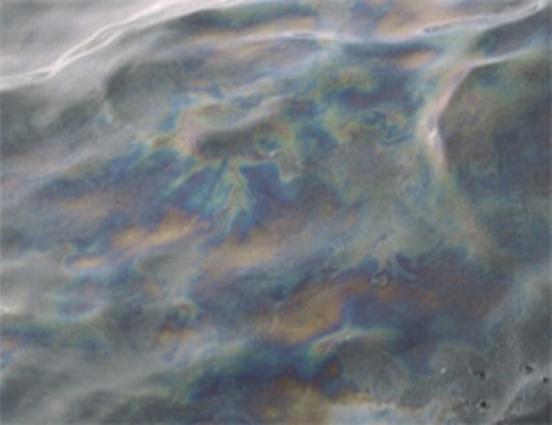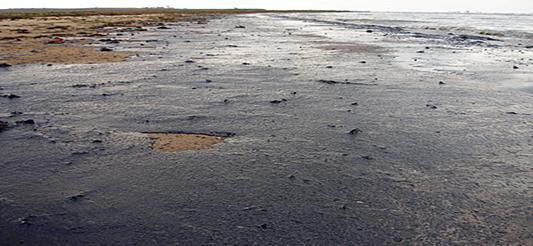TEXT6. WATER POLLUTIONT
Water and chemicals. Polluted water kills more than 25 million people every year. One and a quarter billion people do not have clean, safe water for drinking or washing. Many millions of women and children in developing countries walk a long way every day to bring home a few litres of dirty water. At the same time one and three quarter billion people – nearly half of all the people in the world – do not have toilets in or even near their homes. All over the world billions of people use rivers for washing, for drinking and as sewers to carry away their waste.

A little waste in a river is not dangerous; often a river can clean itself. But every day millions of tons of waste from houses, farms and factories get into our rivers and lakes. The waste takes oxygen out of the water and nothing can live except some very small water plants which do not need much oxygen.

Farm waste often contains poisonous chemicals too. Many farms today are factories where millions of animals never see a field. They live in special buildings with chemicals in their food to make them grow faster and medicines to stop them from getting ill. The chemicals often stay in their bodies. Meat and eggs from these farms look good but they contain a lot of chemicals.
Farmers also use chemicals on fruit and vegetables and some of these chemicals are very poisonous. Developed countries have laws against them, but developing countries still use them a lot; tons of chemicals get into the ground and water - and into the food chain too. The poison stays on the leaves of a plant; an insect eats the plant; the poison stays in the insect's body until a small bird eats the insect. The poison stays in the bird's body and gets stronger every time the bird eats a poisoned insect. A big bird then eats the small one and so on.
In the past people used DDT (dichlorodiphenyltrichloroethane) on farms and in their homes to kill insects. But DDT is a poison and many countries now have laws against it. It is against the law to use DDT in the USA, but factories in the USA produce 18 million kilograms of DDT every year. They sell it – and other dangerous chemicals – to farmers in countries where there are no laws to control poisonous chemicals. The farmers grow coffee, tea, fruit and vegetables to sell to people in developed countries.
Every year in developing countries chemicals like DDT kill 40,000 people and make a million people ill.
Oil in the sea. The sea is full of bacteria, plants and animals which eat waste. It can clean itself if we do not use it as a dump. But if we dump too much waste in the sea the bacteria, plants and animals cannot recycle it quickly enough and the water gets polluted.
When you use a toilet, the waste goes into a sewer. But where does it go after that? All over the world sewers dump waste into the sea. The sea washes the waste onto the beaches and pollutes them.

The Mediterranean is one of the most polluted seas in the world. There is land nearly all around it so the waste has nowhere to go. Many big towns empty their sewers into the sea. It is not safe to swim in parts of the Mediterranean and many beaches are polluted.
Chemicals from farms and factories get into rivers and the rivers carry the waste to the sea. The chemicals get into the food chain and poison the fish. Ships dump their waste at sea and pollute the beaches.
The worst kind of sea pollution is an oil spill. Oil is black and dirty and contains toxic chemicals. If you spill oil at sea, it makes an oil slick on top of the water. Air cannot get to the plants and animals under the water. We spill a lot of oil into the sea every year from ships and from oil refineries.

Those oil spills were accidental, but the worst oil pollution in the world was deliberate. In the Gulf War in 1991 oil was spilled deliberately. Oil wells burned and millions of tons of oil went into the sea. There were fifty-kilometre oil slicks. Oil also spilled onto the ground. There were lakes of burning oil everywhere. The oil went down under the ground and polluted the water in underground wells. The pollution was terrible. Electric street lights burned all day in Kuwait because of the smoke and smog from burning oil. Black and dirty rain fell on the Himalayan Mountains thousands of kilometres away. Many years after the war people are still trying to clean everything up.
Ex.1. Answer the following questions:
- How many people does polluted water kill every year?
- Do all people on our planet have clean, safe water for drinking?
- Why are our rivers so dirty?
- What do farmers do to make animals and birds grow faster?
- What is DDT? Where did people use it? Is it allowed to use DDT today?
- What is the most polluted sea in the world? Why?
- What is the worst kind of sea pollution? Prove it.
- Why is oil very dangerous for water and ground?
Ex.2. Give Russian equivalents for the following:
Poisonous chemicals; developing countries; to contain; an insect; the Mediterranean; to dump waste; oil spill; oil slick; to spill oil into the sea; oil refineries; deliberate; oil wells; underground wells.